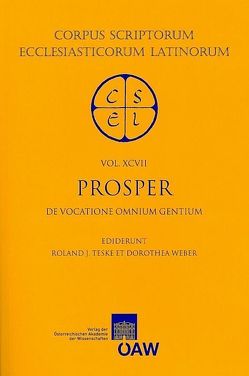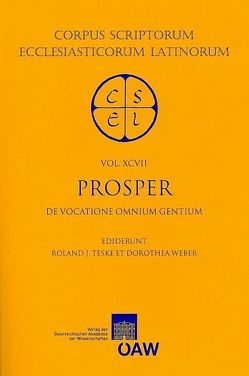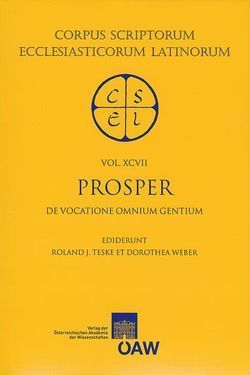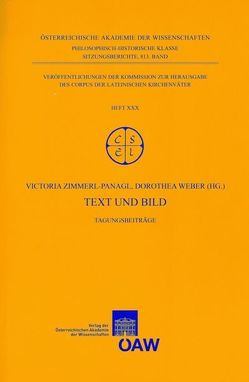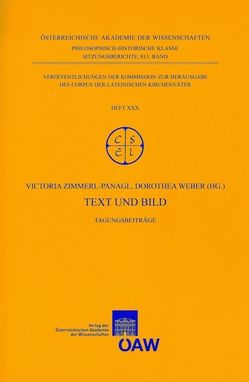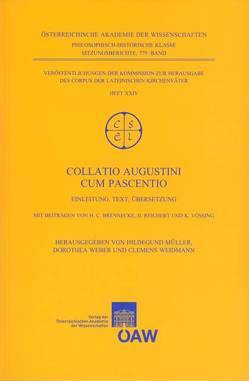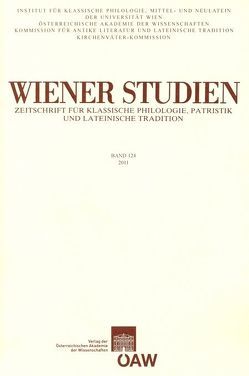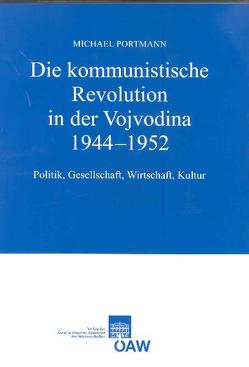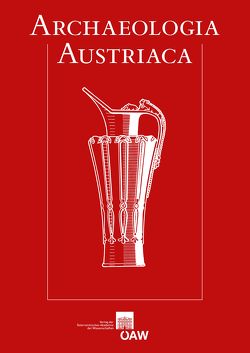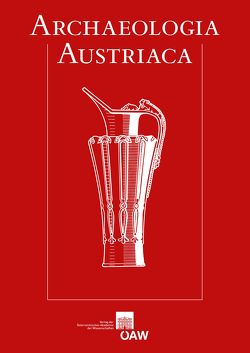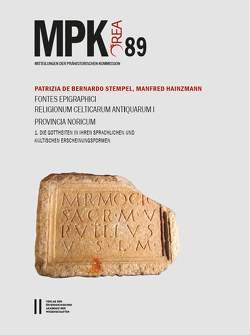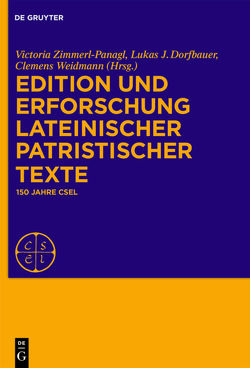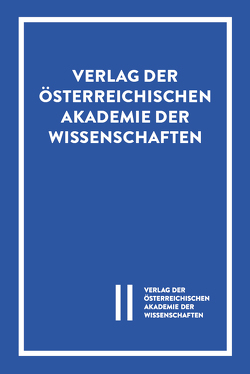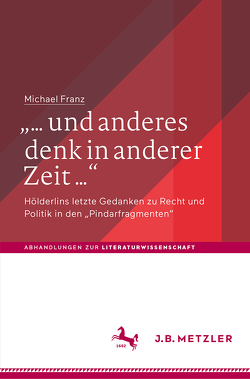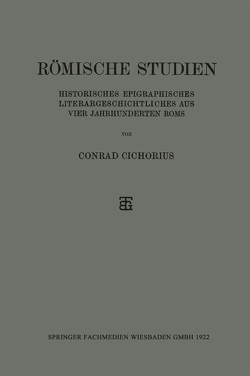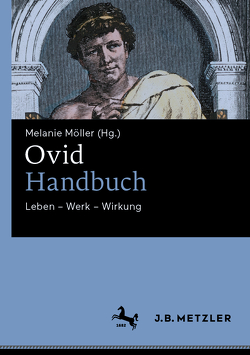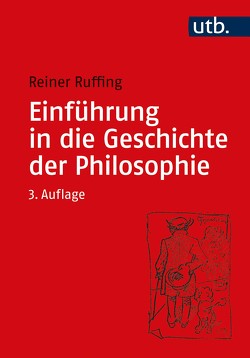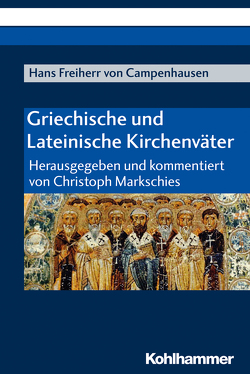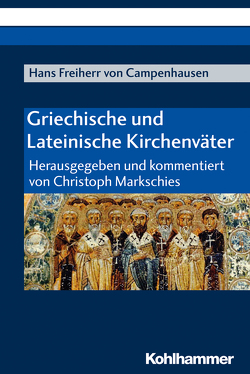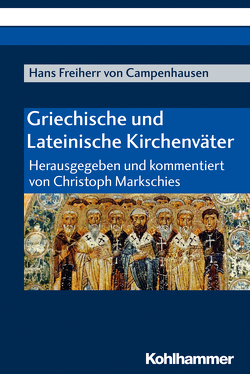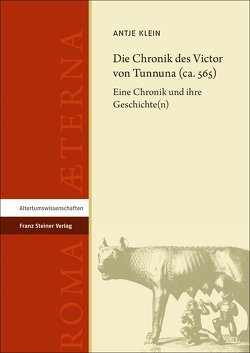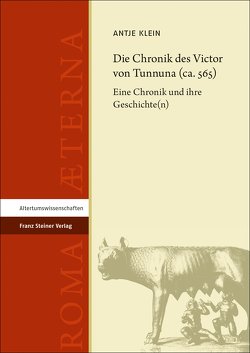Prosper De Vocatione Omnium Gentium
Roland Teske, Dorothea Weber
De vocatione omnium gentium ist das früheste Werk der patristischen Literatur, das Gottes universellen Heilswillen zum Thema hat. Es ist in mehrfacher Hinsicht eine Reaktion auf Augustins einflussreiche, doch umstrittene Prädestinationslehre und auf dessen Ansicht, dass Gott nicht alle Menschen zum Heil beruft. Prosper rückt in dieser Schrift von seiner früheren Position eines strengen Verfechters augustinischer Gnadentheologie und eines erbitterten Gegners der anti-augustinischen Theologie in Gallien ab: Der versöhnlichere Ton, den er in De vocatione omnium gentium anschlägt, dürfte wenigstens teilweise auf den Einfluss seines Freundes, Papst Leos des Großen, zurückzuführen sein.
…
De vocatione omnium gentium is the first work in patristic literature on the universal salvific will of God and marks a move away from the views of the late Augustine on predestination and a divine salvific will limited to only some human beings. It also marks a move on Prosper’s part away from his earlier position as an ardent disciple of Augustine and opponent of the anti-Augustinian movement in Gaul to a theologian open to a milder and more conciliatory position on grace and the salvific will of God. The mellowing of Prosper’s earlier hardline Augustinianism may be due at least in part to the influence of his friend, Pope Leo the Great.

